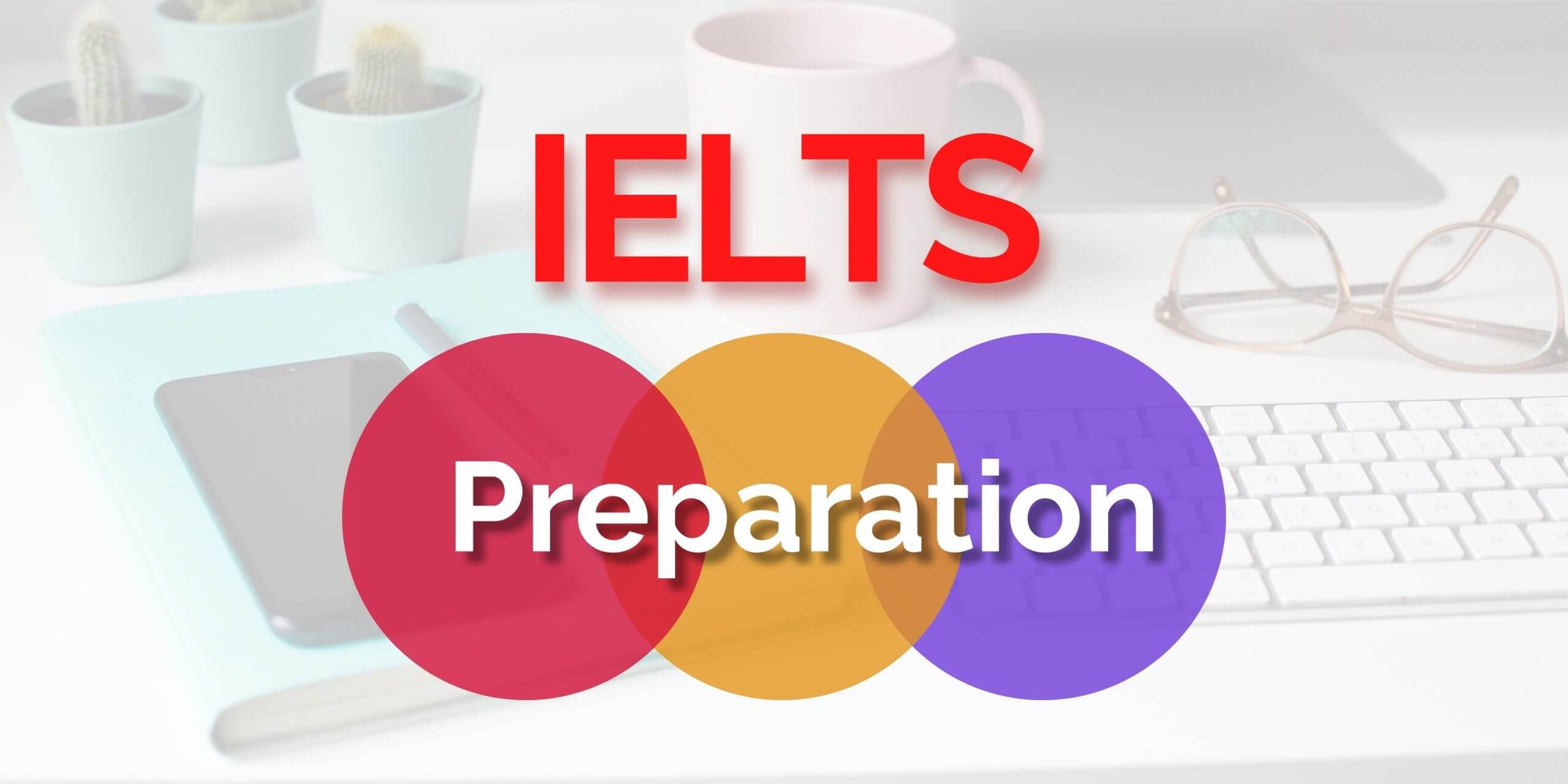IELTS (International English Language Testing System)
There are Four modules in the IELTS exam: Listening, Reading, Writing and Speaking.
Every Module has its own uniqueness:-
- Listening would run for 40 minutes
- Reading will be comprised of 3 unseen passages with 40 questions.
- Writing will be of an hour with two writing tasks.
- Speaking would run for 10-14 minutes.
- Overall exam timing:- 2 hours 44 minutes plus 10 minutes of transfer time

Test format
IELTS Scoring
The IELTS exam is evaluated on the basis on band score.
Expert user
You have a full operational command of the language. Your use of English is appropriate, accurate and fluent, and you show complete understanding.
Very good user
You have a fully operational command of the language with only occasional unsystematic inaccuracies and inappropriate usage. You may misunderstand some things in unfamiliar situations. You handle complex detailed argumentation well.
Good user
You have an operational command of the language, though with occasional inaccuracies, inappropriate usage and misunderstandings in some situations. Generally you handle complex language well and understand detailed reasoning.
Competent user
Generally you have an effective command of the language despite some inaccuracies, inappropriate usage and misunderstandings. You can use and understand fairly complex language, particularly in familiar situations.
Modest user
You have a partial command of the language, and cope with overall meaning in most situations, although you are likely to make many mistakes. You should be able to handle basic communication in your own field.
Limited user
Your basic competence is limited to familiar situations. You frequently show problems in understanding and expression. You are not able to use complex language.
Extremely limited user
You convey and understand only general meaning in very familiar situations. There are frequent breakdowns in communication.
Intermittent user
You have great difficulty understanding spoken and written English.
Non-user
You have no ability to use the language except a few isolated words.
Did not attempt the test
You did not answer the questions.



